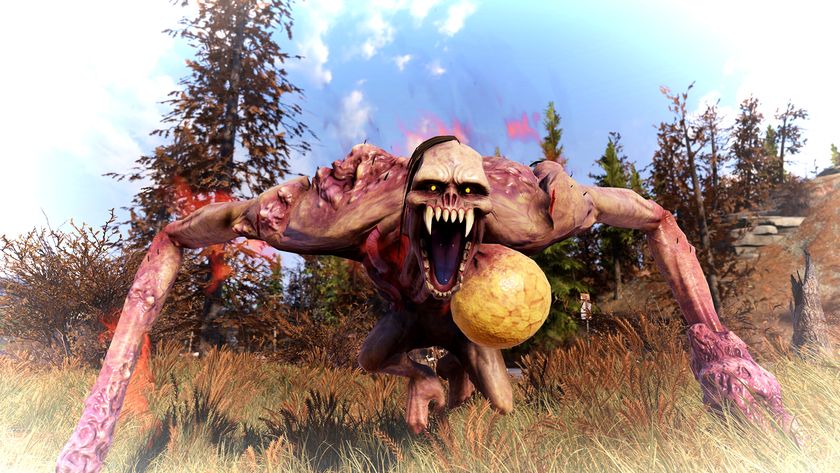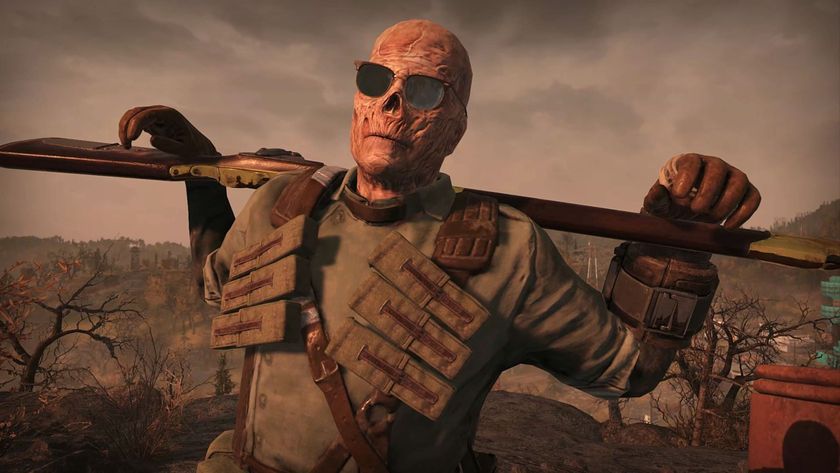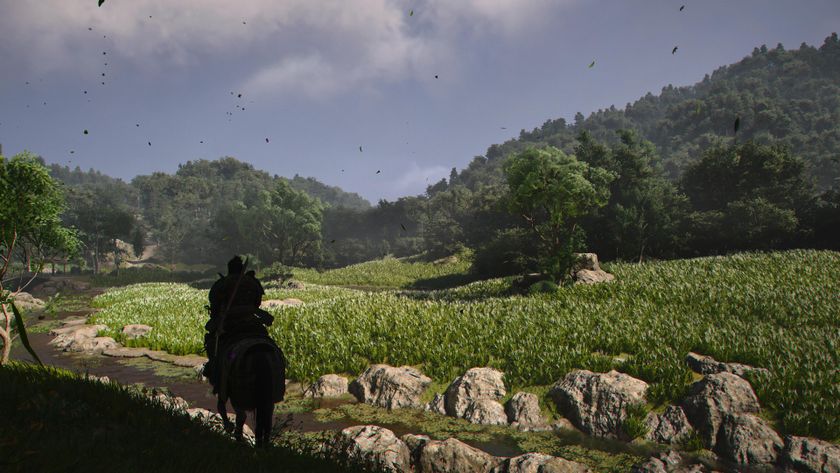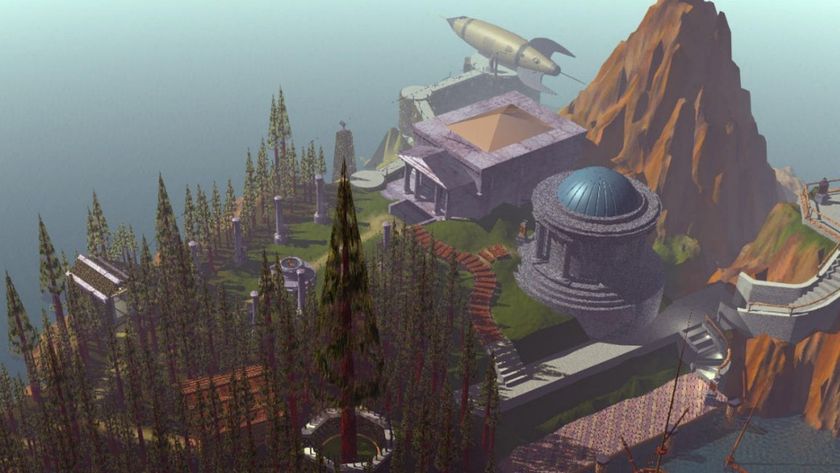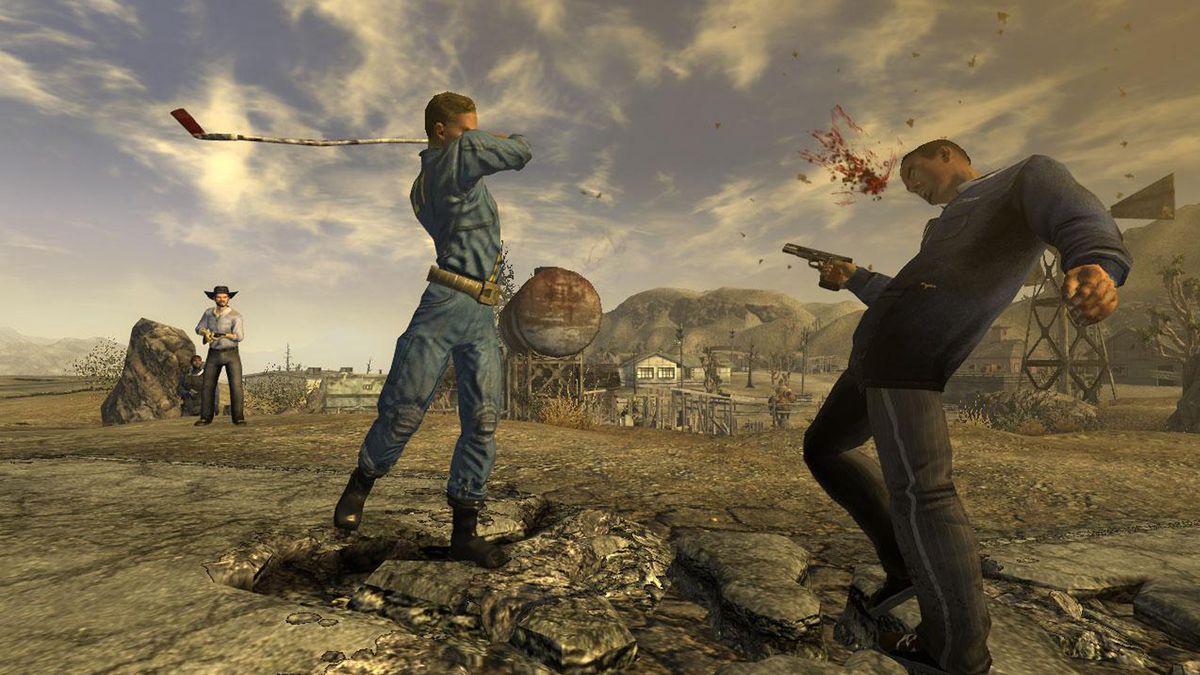
Fallout: New Vegas director Josh Sawyer says that his entry in the RPG series was criticized for its similarity to Bethesda's effort, but that it was, in fact, the first game in the franchise that shaped his development style.
In an interview with Rock, Paper, Shotgun, Sawyer discusses how, when Fallout: New Vegas released in 2010, "it was criticized for playing very, very similarly to Fallout 3." In many ways, however, that was a necessity - developer Obsidian was only given 18 months to make its spin-off, which released barely two years after Fallout 3.
For Sawyer, that timeframe - basically unheard of in the modern industry - meant that he simply didn't have time to reinvent the wheel. "We took a shipped game and made a spin-off without really changing the underlying tech," he explains. As a result, "we focused almost entirely on content."
That skillset was something that Sawyer spent a long time honing: "The successful early projects of my career were almost all content sequels or spin-offs of existing tech bases. Andit focused my mind very heavily on the production process. Very quickly I adapted to 'How can we make something fresh in a very short period of time, using what we have?' It was a very lean and bang-for-buck approach to development."
That content-driven approach, however, has certainly worked in New Vegas' favor. Now counted as one of the best Fallout games of the bunch, Sawyer says that "there was a lot of effort put into making sure you can twist and turn through the different factions and resolve things how you want," and that "our team had the luxury of focusing on conversations and quests, and really making those as robust and dynamic as we could."
That dynamism, Sawyer says, stems from the fact that "a lot of the philosophy that I approached New Vegas with was the philosophy of Fallout 1, or how I interpreted. Fallout 1 was foundational for me in understanding how role-playing games should be made."
With that in mind, Fallout 1 has an enormous RPG resting on its shoulders, even if you only look at Sawyer's work; series including Baldur's Gate, Icewind Dale, Neverwinter Nights, Planescape Torment, Pillars of Eternity, New Vegas, and Pentiment have all felt his input over the past 25 years. Perhaps Fallout's certified icon status means it should come as no surprise that it's left its mark on so many different games from just one developer, but it remains a fascinating part of game dev taxonomy.
Sign up to the 12DOVE Newsletter
Weekly digests, tales from the communities you love, and more

I'm GamesRadar's news editor, working with the team to deliver breaking news from across the industry. I started my journalistic career while getting my degree in English Literature at the University of Warwick, where I also worked as Games Editor on the student newspaper, The Boar. Since then, I've run the news sections at PCGamesN and Kotaku UK, and also regularly contributed to PC Gamer. As you might be able to tell, PC is my platform of choice, so you can regularly find me playing League of Legends or Steam's latest indie hit.
